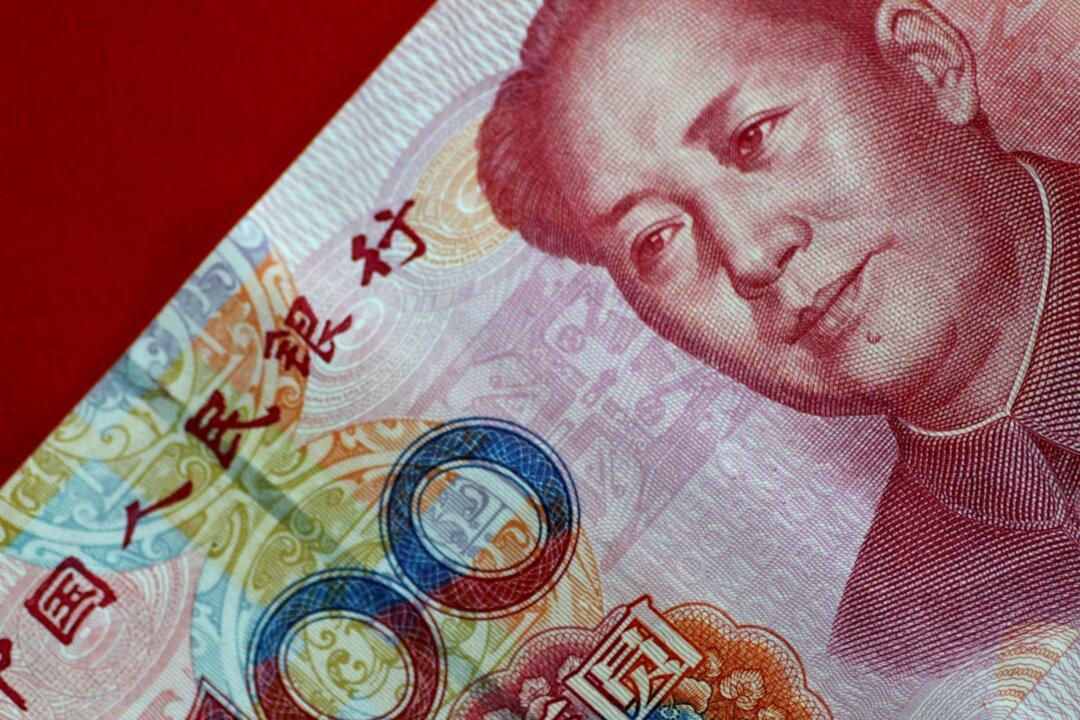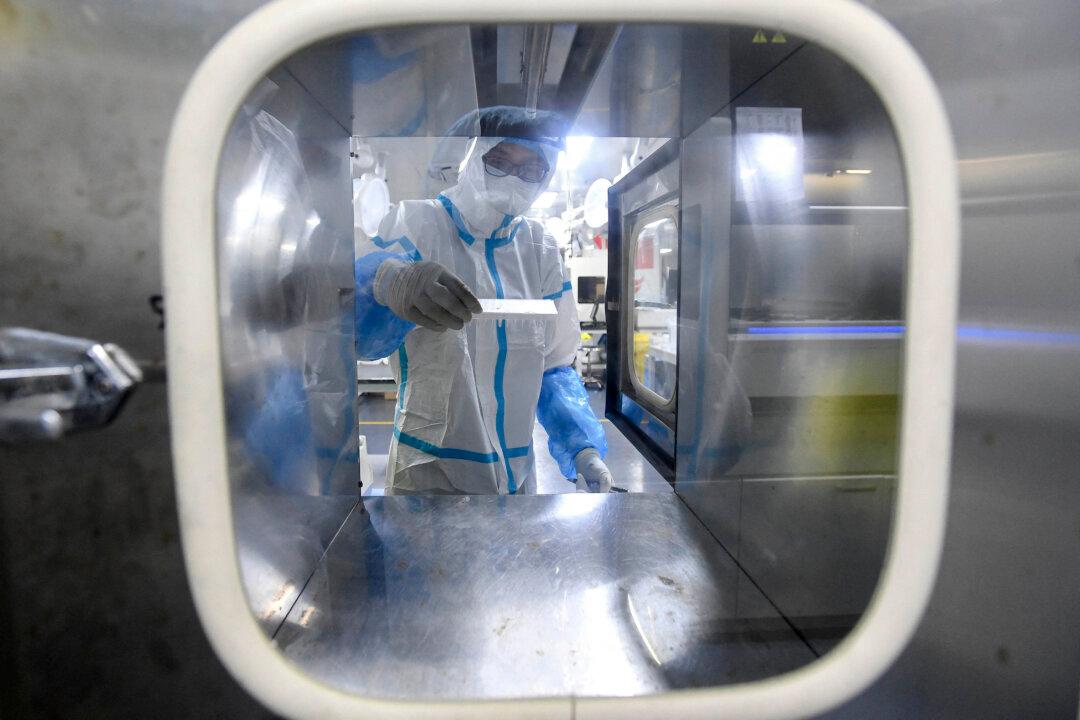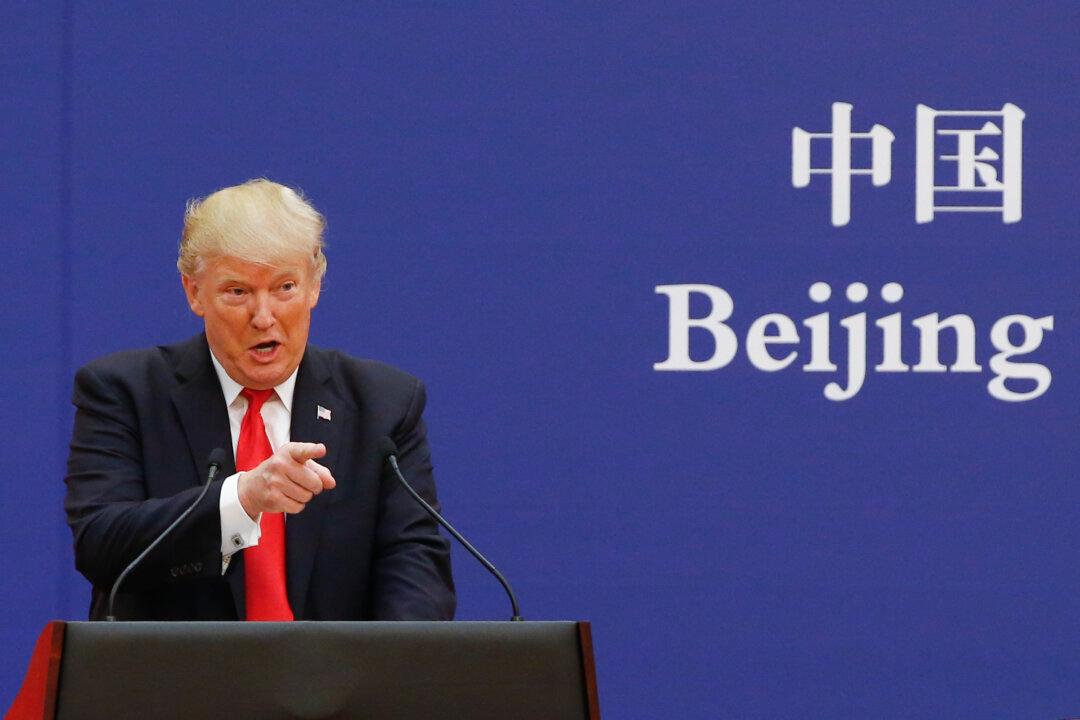Commentary

A Chinese yuan note in a file photo. Thomas White/Reuters
Gordon G. Chang is a distinguished senior fellow at the Gatestone Institute, a member of its Advisory Board, and the author of “The Coming Collapse of China.”
Author’s Selected Articles




